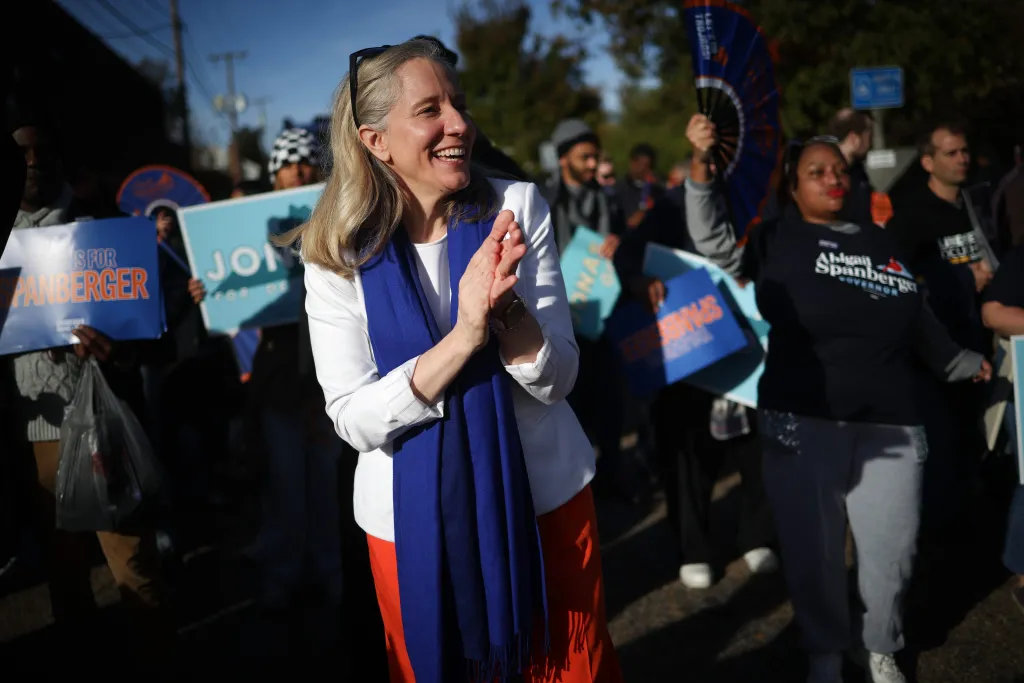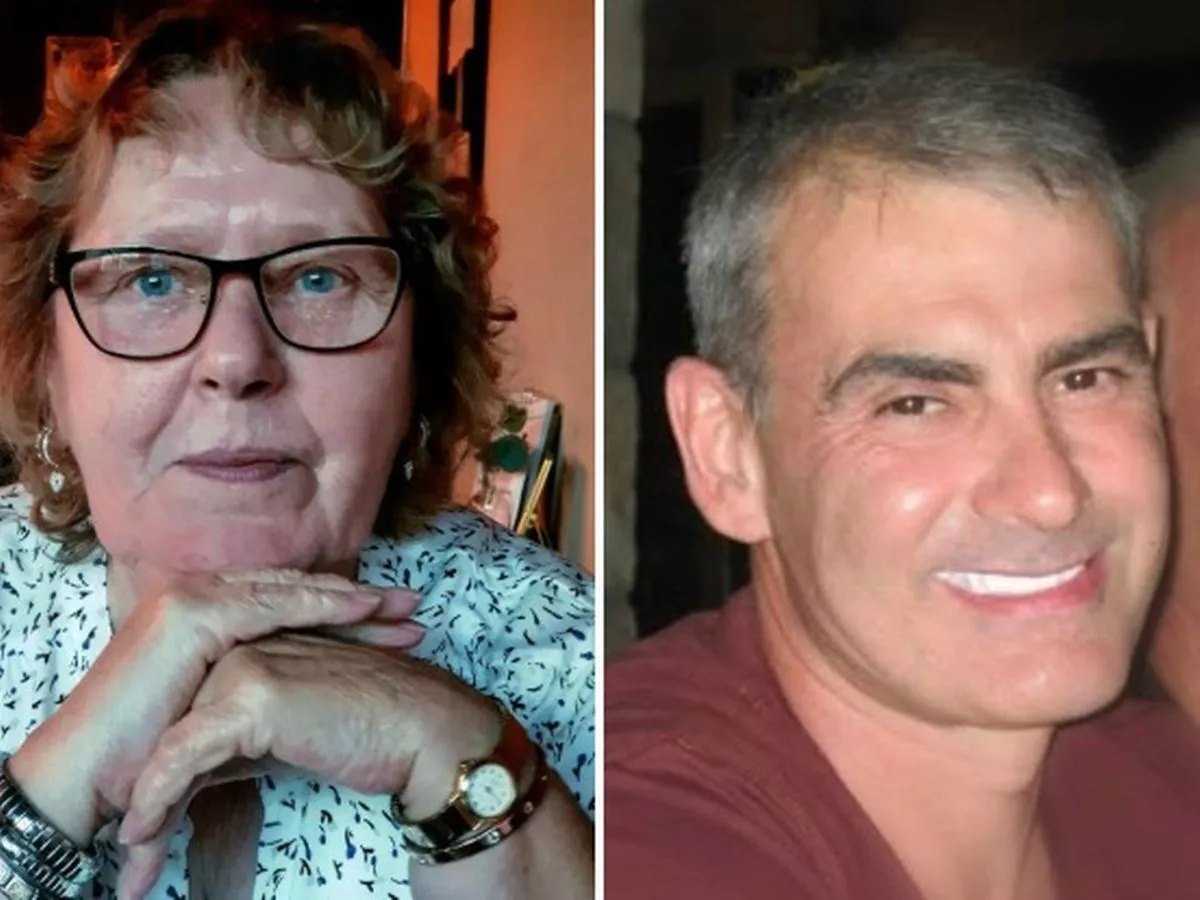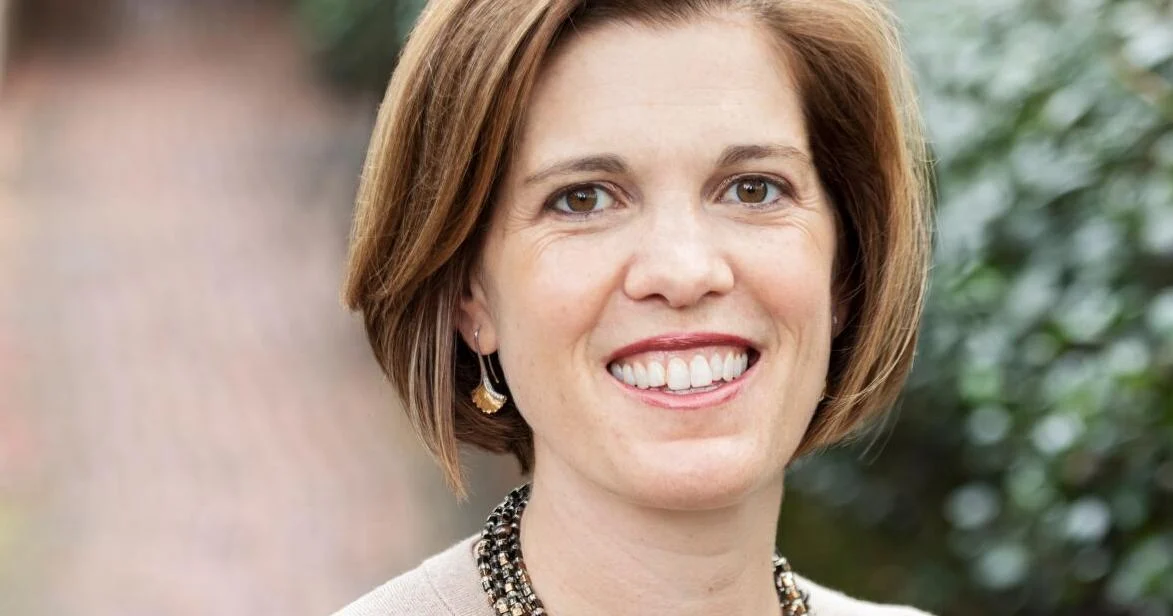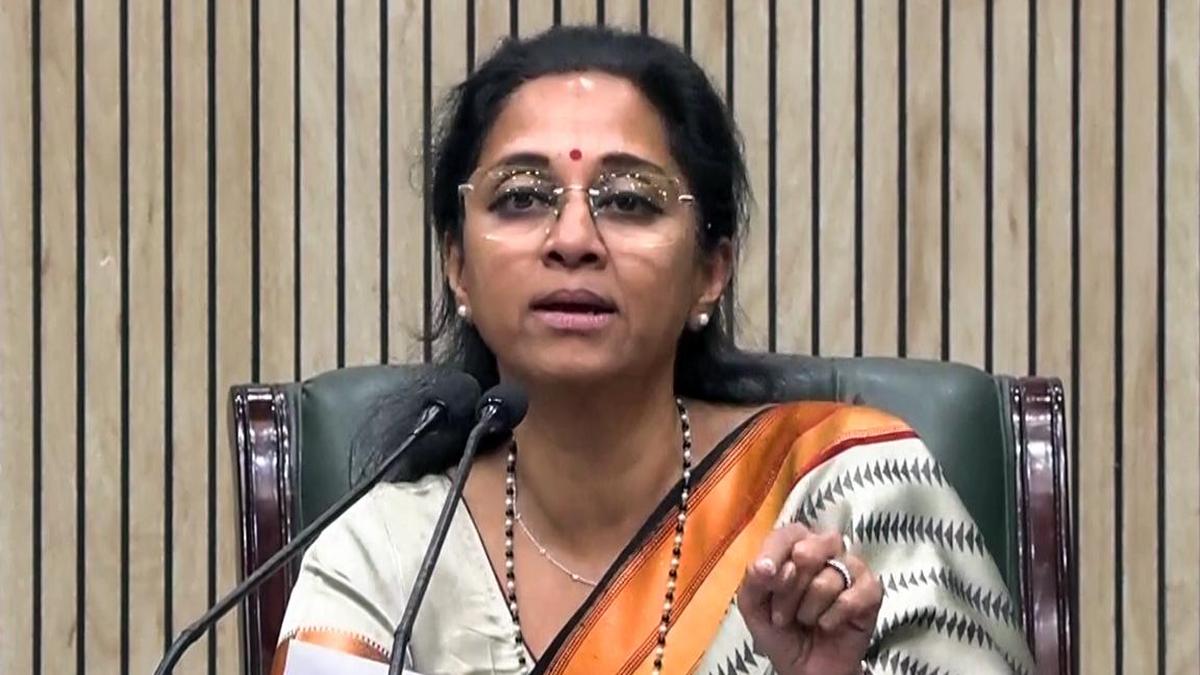Copyright Norfolk Virginian-Pilot

Virginia voters have chosen former Congresswoman Abigail Spanberger to lead our commonwealth. We congratulate her and pledge a spirit of partnership as she works to strengthen Virginia’s position as the “Top State for Talent.” Before voters made their decision, Gov.-elect Spanberger took time to address the 2025 Education and Workforce Conference in Richmond in October. She recognized the work of our organization, the Virginia Business Higher Education Council, and emphasized how well aligned our agenda for higher education is with her own. Applauding our efforts on student internships, she declared: “A good internship gives young people real-world experience, helps businesses identify talent early, and keeps our best graduates here…. Virginia became the first state to set a goal of one paid internship for every student who wants one. As governor, I will market internships to employers, support one-stop-shopping internship centers on campus for students and businesses, and build online platforms matching students with opportunities.” In declaring that higher education will be a priority during her administration, Spanberger is building on a strong bipartisan tradition in Virginia. Legislators and governors in both parties have heeded the message — conveyed by CNBC and some of America’s largest companies — that having a top-ranked higher education system is our state’s chief competitive advantage. These leaders have seen the documented return on investment, with every public dollar invested returning nearly $2 to the state treasury and producing more than $25 in economic output. And they know that, unlike in some states, support for higher education among Virginians is strongly bipartisan, with more than 85% in both parties expressing pride in our colleges, universities and community colleges. In recent years, budget writers in Virginia’s General Assembly have provided strong, bipartisan backing for vital investments in college affordability and talent pathways. They want Virginia to remain on top in talent, and they know this will not happen if regional competitors such as North Carolina, Tennessee, Georgia and Maryland continue to out-invest us by thousands of dollars per student. What most sets Virginia apart, though, is not what we spend but how we spend it — particularly, the emphasis we place on student pathways from learning to earning. We lead the nation in internships and talent pathways. We have the nation’s strongest partnership between the business community and higher education. And our graduation rates and return-on-investment for students are among the nation’s best. One area in which Virginia excels is liberal arts education — preparing students to think critically, work collaboratively in diverse environments, communicate well, and contribute as engaged citizens to the well-being of the larger community. What our high-performing institutions have demonstrated is that liberal arts and excellent career opportunities go hand in hand. A case in point is the University of Mary Washington. We know about this firsthand: one of us has experience as president there; the other, as a parent. What we celebrate together is UMW’s holistic emphasis on preparing students for “Life After Mary Washington.” To help students develop the competencies and confidence they will need in the workplace, internships and other forms of work-based learning are included in the curricula for every degree program and academic major. The academic and career-readiness missions are fully integrated, with everyone — faculty, career services, industry fellows, alumni — working in concert to prepare students for workplace success and to connect them to employers for good paid internships and well-paying jobs after graduation. Mary Washington’s success is just one of many positive examples the Virginia Business Higher Education Council is highlighting this fall as we call attention to the learning-to-earning pathways that make our commonwealth a national leader. Second only to the health and safety of Virginians, investing in talent should be our state’s top priority in the years ahead. We look forward to working with our new governor and with leaders in both parties to make the higher education investments that will produce the greatest positive impact for Virginians. To learn more about our Virginia Higher Education Impact Agenda and how you can help, visit growth4va.com. Troy D. Paino, Ph.D., J.D., is president of the University of Mary Washington, chair of the Council of Presidents of Virginia’s public higher education institutions, and a member of the Virginia Business Higher Education Council. Dennis H. Treacy is chair of the Virginia Business Higher Education Council, senior adviser at Seven Hills Strategy Group, and former rector of the Virginia Tech Board of Visitors.



